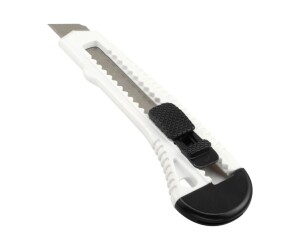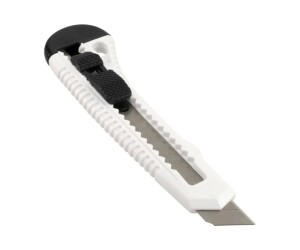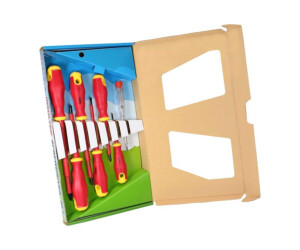UL
UL
The labeling "UL" stands for "Underwriters Laboratories" and refers to the certification of products by an independent organization for product safety and performance testing. UL is a globally recognized certification body that establishes and monitors safety standards for a wide range of products. UL certification ensures that a product complies with applicable safety standards and can be used safely.
The benefits of UL certification are manifold. Firstly, the UL label demonstrates that the certified product meets stringent safety standards. This means that the product has undergone extensive testing to verify its safety and performance. The use of UL-certified products gives consumers confidence that the product meets the necessary safety requirements and does not pose potential hazards.
Another advantage of UL certification is streamlined market access. As UL is an internationally recognized certification body, products with UL certification can be more easily introduced and sold in various markets. UL certification helps manufacturers provide the necessary evidence of compliance with safety standards, facilitating access to global markets and promoting sales.
The technologies behind UL certification involve comprehensive testing and evaluation procedures to ensure the safety and performance of products. This includes tests for electrical safety, fire hazards, mechanical stability, and other relevant aspects. UL utilizes state-of-the-art testing equipment and specialized laboratories to subject products to thorough examination and ensure their compliance with requirements.
There are different certification levels within the UL system, based on specific product requirements and characteristics. Some examples of certification levels include:
UL Listed:
- This level applies to products that meet general safety standards.
- Manufacturers must undergo extensive examination and review by UL to obtain UL listing.
UL Recognized:
- This level applies to components or parts used in larger products.
- UL recognizes that these components comply with applicable safety standards and can be safely used in other products.
The importance of energy efficiency in today's world is enormous. Given limited resources and the need to reduce energy consumption and address climate change, energy efficiency has become a significant factor. UL certification systems may also incorporate energy efficiency criteria to ensure that products meet specific energy efficiency standards. Energy-efficient products contribute to reducing energy consumption, mitigating environmental impact, and enabling cost savings for consumers.
Possible challenges or limitations associated with UL certification may include the stringent requirements that manufacturers must meet to obtain certification. This can entail additional costs for product development, testing, and verification. Additionally, UL certification may be time-consuming, as extensive testing and evaluations are required to ensure compliance.
Customer reviews play a crucial role in evaluating UL-certified products. Customer feedback and reviews can provide valuable insights into the performance, quality, and safety of a product. Customers can share their experiences with UL-certified products on various platforms, online stores, and product review sites. It is advisable to read customer reviews and compare different products to choose the right UL-certified product that best meets individual requirements and expectations.
UL certification ensures the safety and performance of products according to applicable standards. It offers numerous benefits, such as confidence in the product's safety and facilitated market access. Energy efficiency is of great importance nowadays, and UL certifications may also include energy efficiency criteria. Customer reviews can help assess the quality and reliability of UL-certified products.











